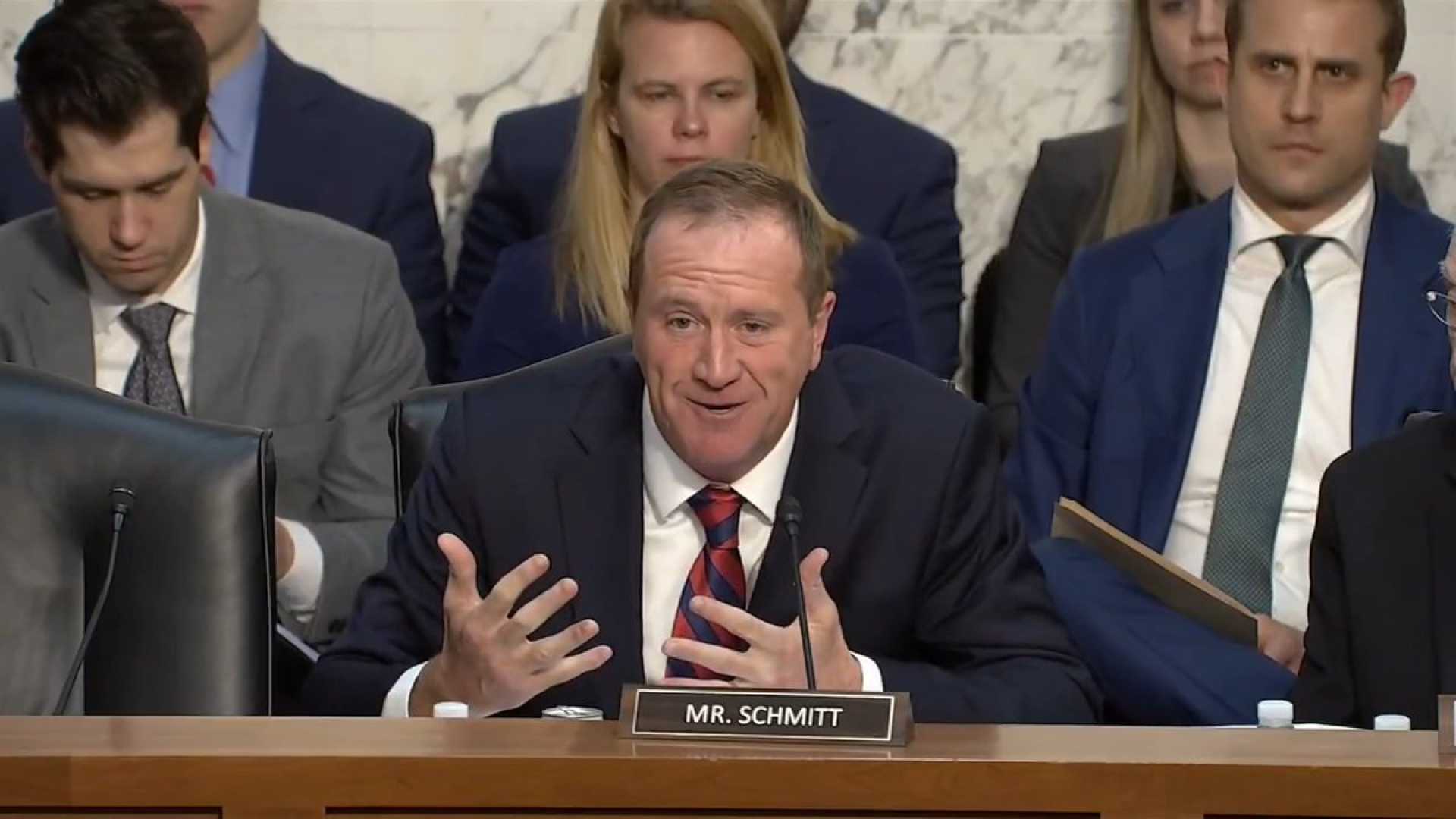Politics
Senators Clash Over Judicial Injunctions Against Trump

Washington, D.C. — Sen. Josh Hawley, R-Mo., confronted law professor Kate Shaw during a Senate Judiciary subcommittee hearing on June 3, addressing the rise of judicial injunctions against President Donald Trump‘s executive actions. Hawley questioned the spike in such injunctions and their decline during President Joe Biden’s administration.
During the hearing titled “The Supposedly ‘Least Dangerous Branch’: District Judges v. Trump,” Hawley displayed a bar chart showing that nationwide injunctions surged dramatically during Trump’s presidency. He pointed to the anomaly, asking Shaw, “Now, you don’t think this is a little bit anomalous?”
Shaw, a contributor for ABC News, attributed the rise in injunctions to what she called Trump’s “lawless activity.” She remarked, “This was never used before the 1960s. And suddenly Democrat judges decide we love the nationwide injunction.”
Hawley, however, challenged Shaw’s stance, questioning the inconsistency in applying nationwide injunctions based on the party of the president. He highlighted a previous remark from Shaw calling the use of injunctions “a travesty for the principles of democracy” when referring to Biden. “You said it was a travesty… But you’re fine with all of that if it’s getting the result that you want,” he asserted.
In response, Shaw emphasized the need for legal constraints on presidential power. She noted, “A system where there are no legal constraints on the president is a very dangerous system of law.” However, Hawley pressed on, seeking a clear principle for issuing nationwide injunctions and referencing Shaw’s past criticisms during Biden’s presidency.
Hawley cited Judge Matthew J. Kacsmaryk’s ruling on mifepristone in 2023, arguing that there was no clear principle separating acceptable and unacceptable injunctions. “When it’s Biden, it’s OK. When it’s Trump in office, it’s a no holds barred, whatever it takes,” he stated.
Sen. Cory Booker, D-N.J., also attended the hearing, highlighting the ongoing debate about judicial powers and implications for democracy. The discussion underscores the contentious relationship between the executive branch and the judiciary amidst shifting political landscapes.
The hearing reflects broader tensions surrounding judicial interpretations and executive actions, as lawmakers continue to grapple with the implications of law enforcement amid rapidly changing political contexts.












